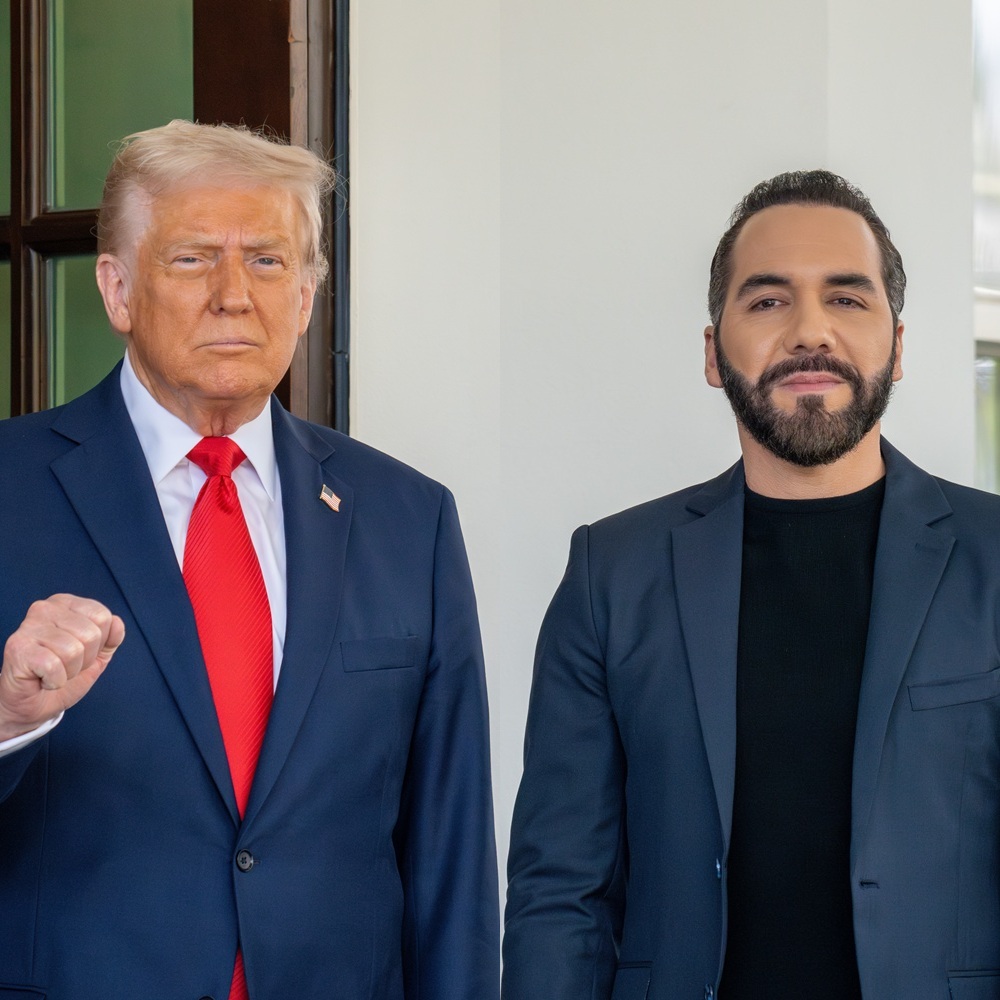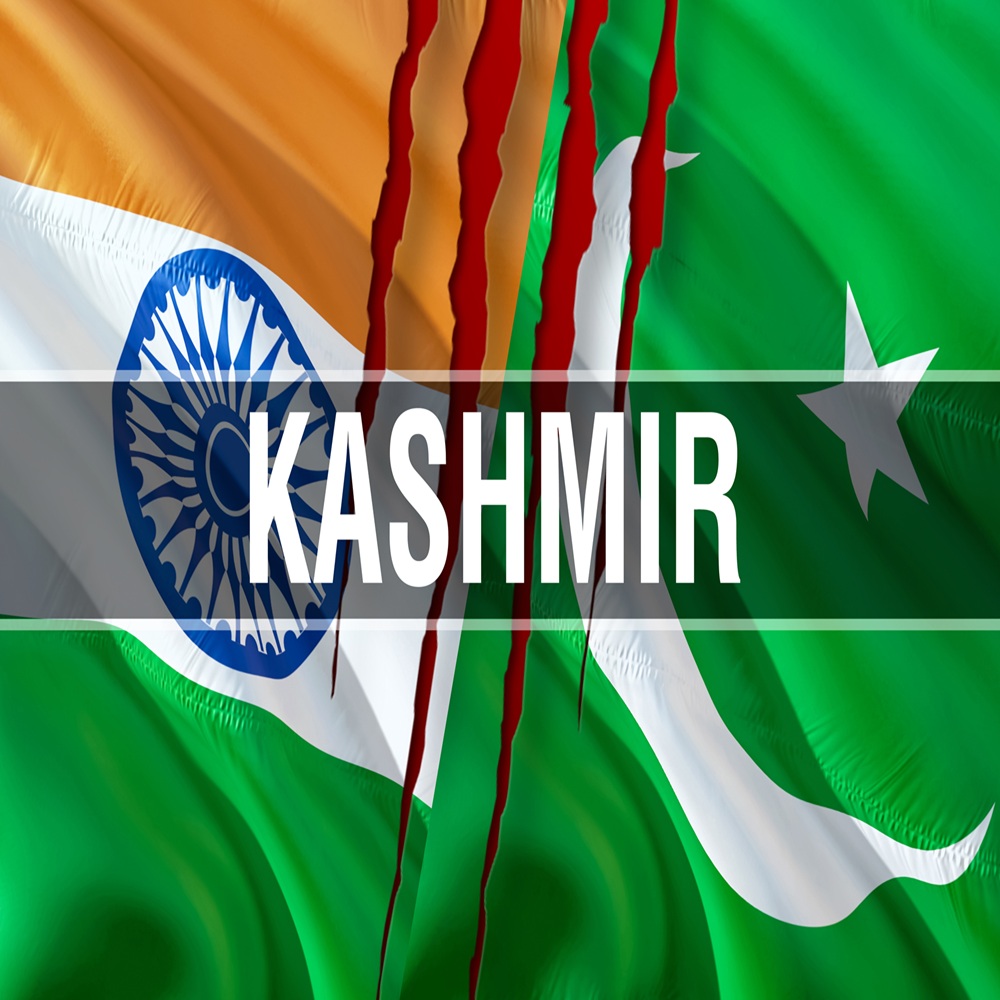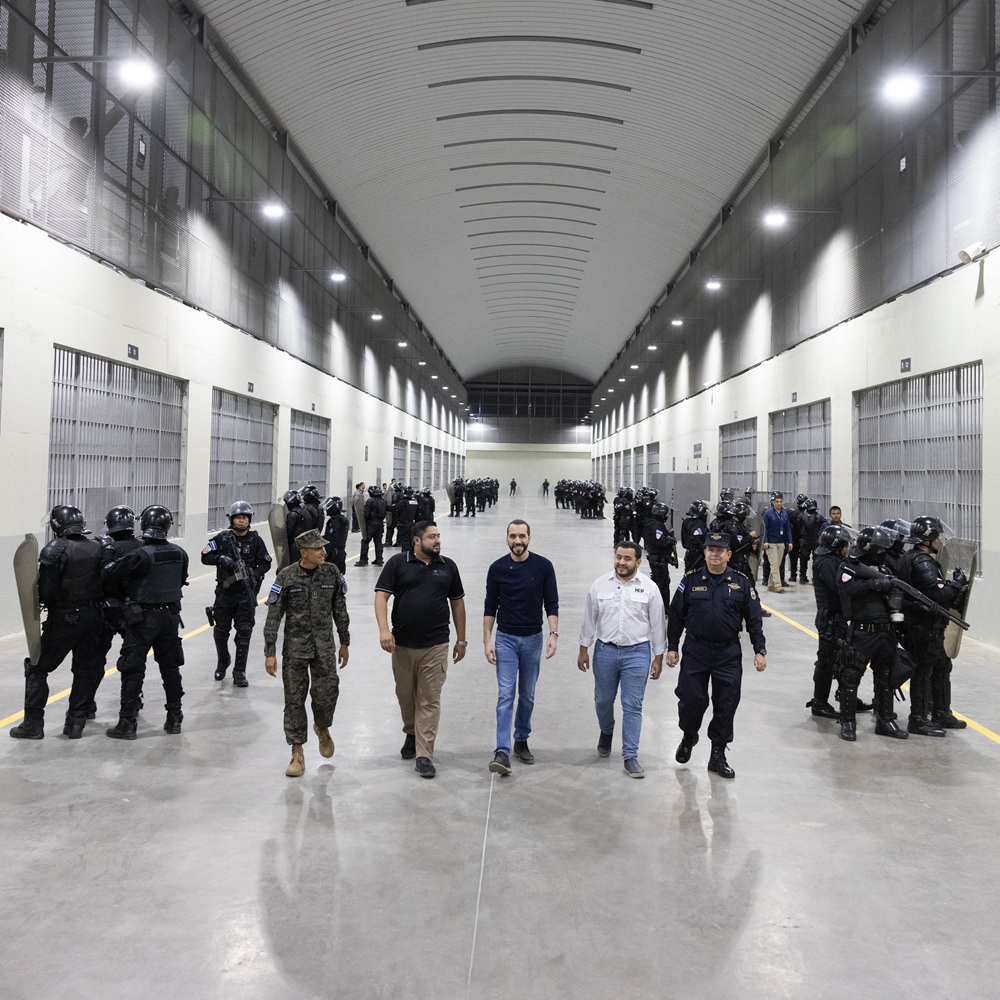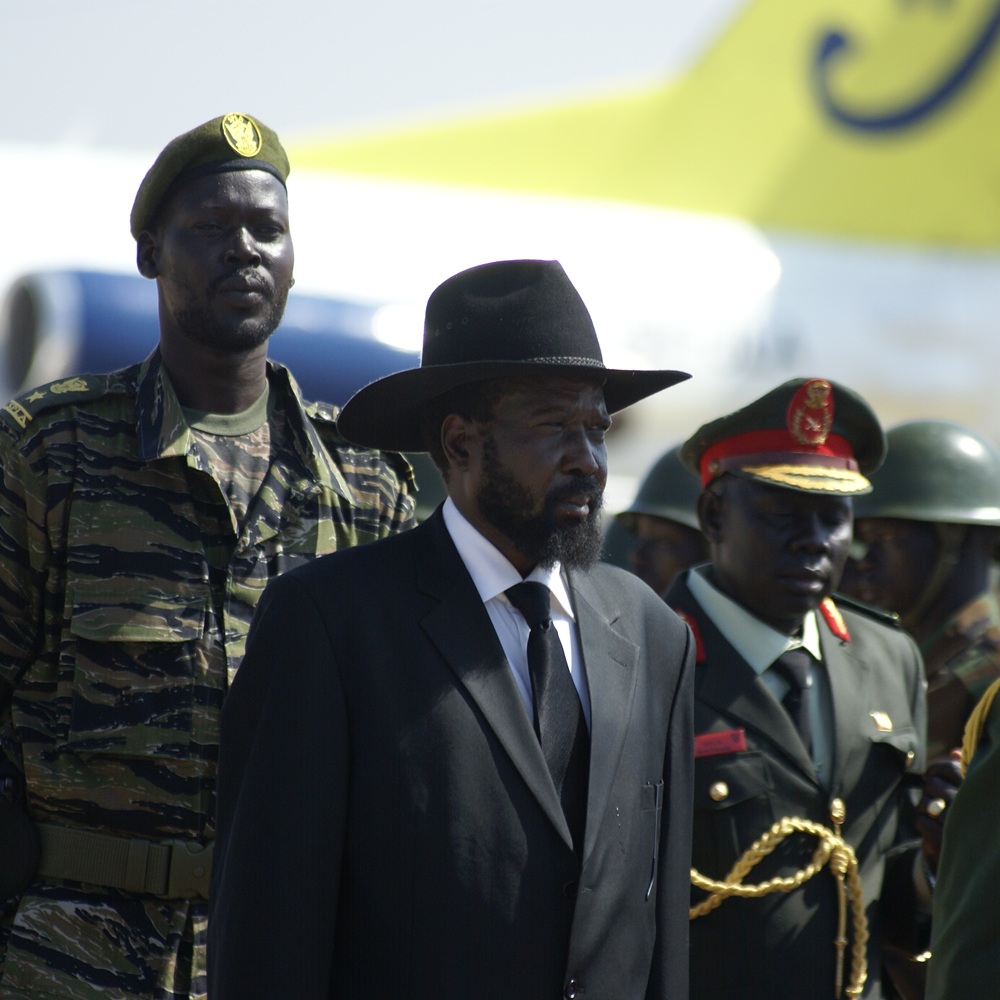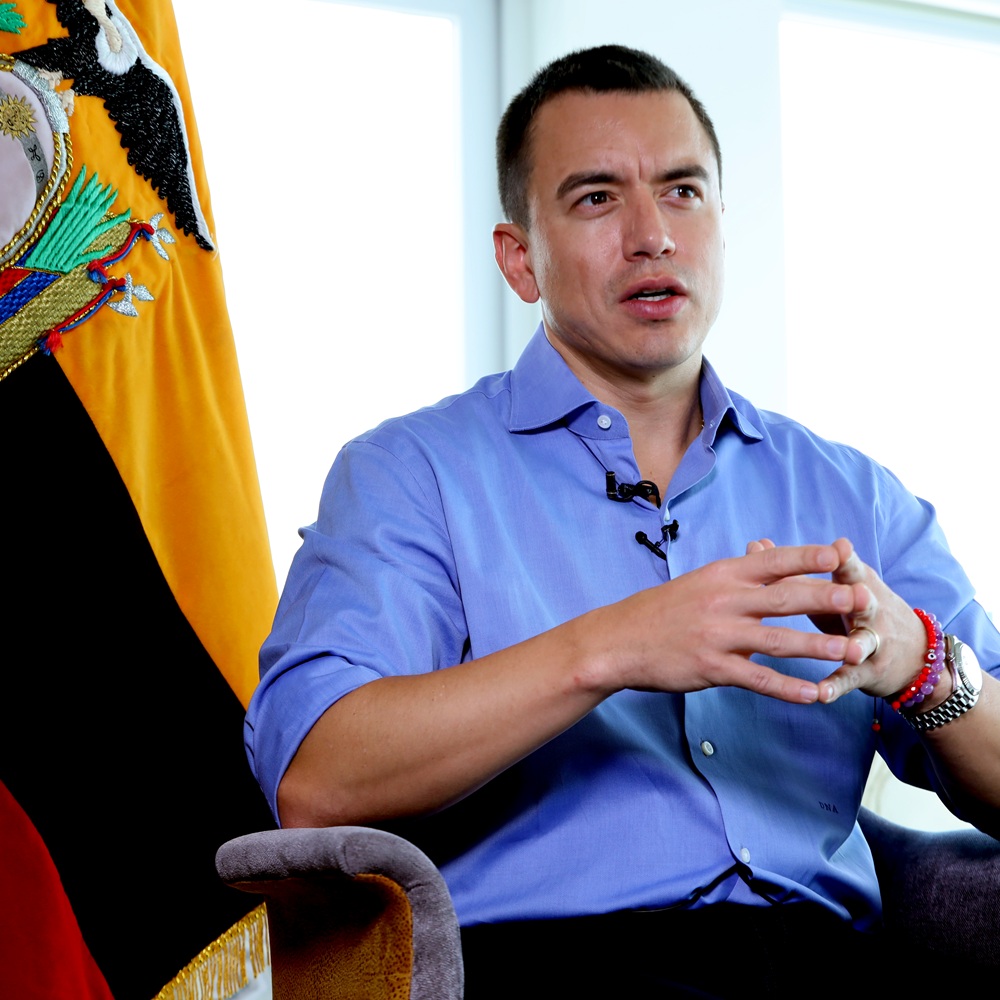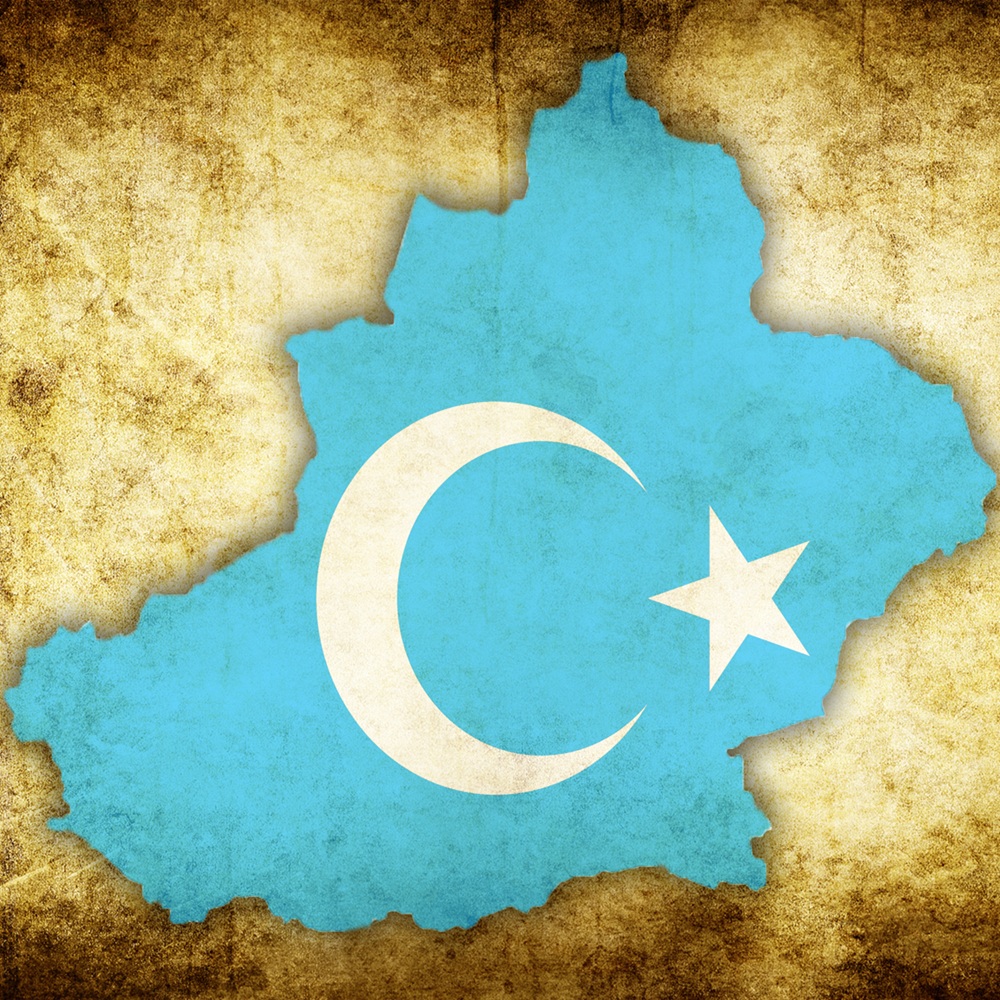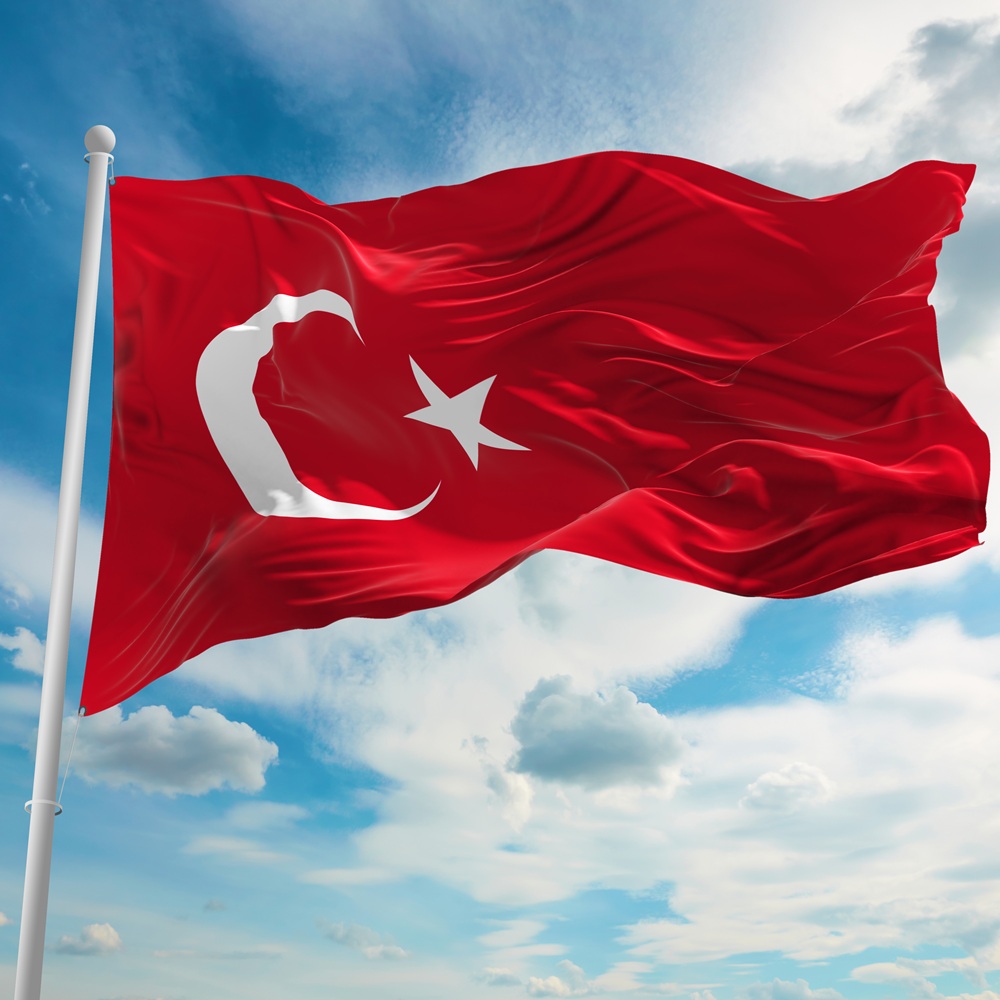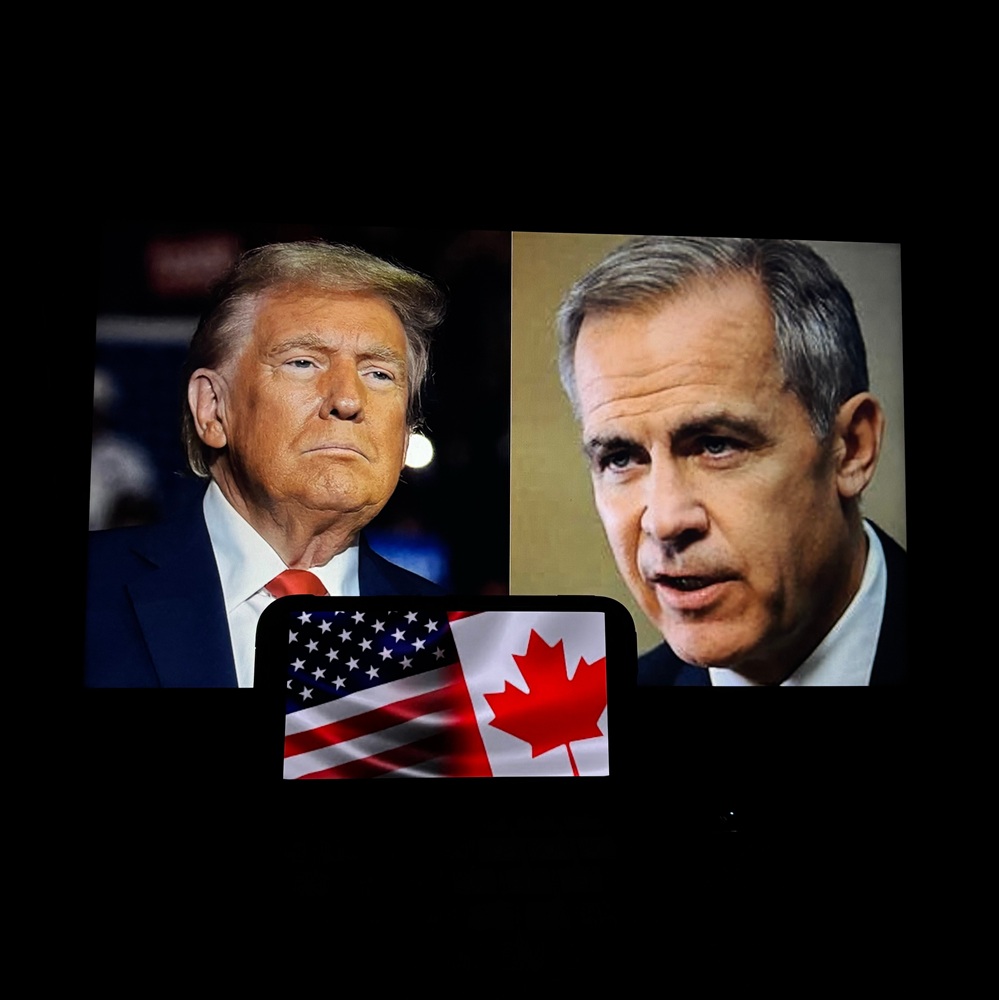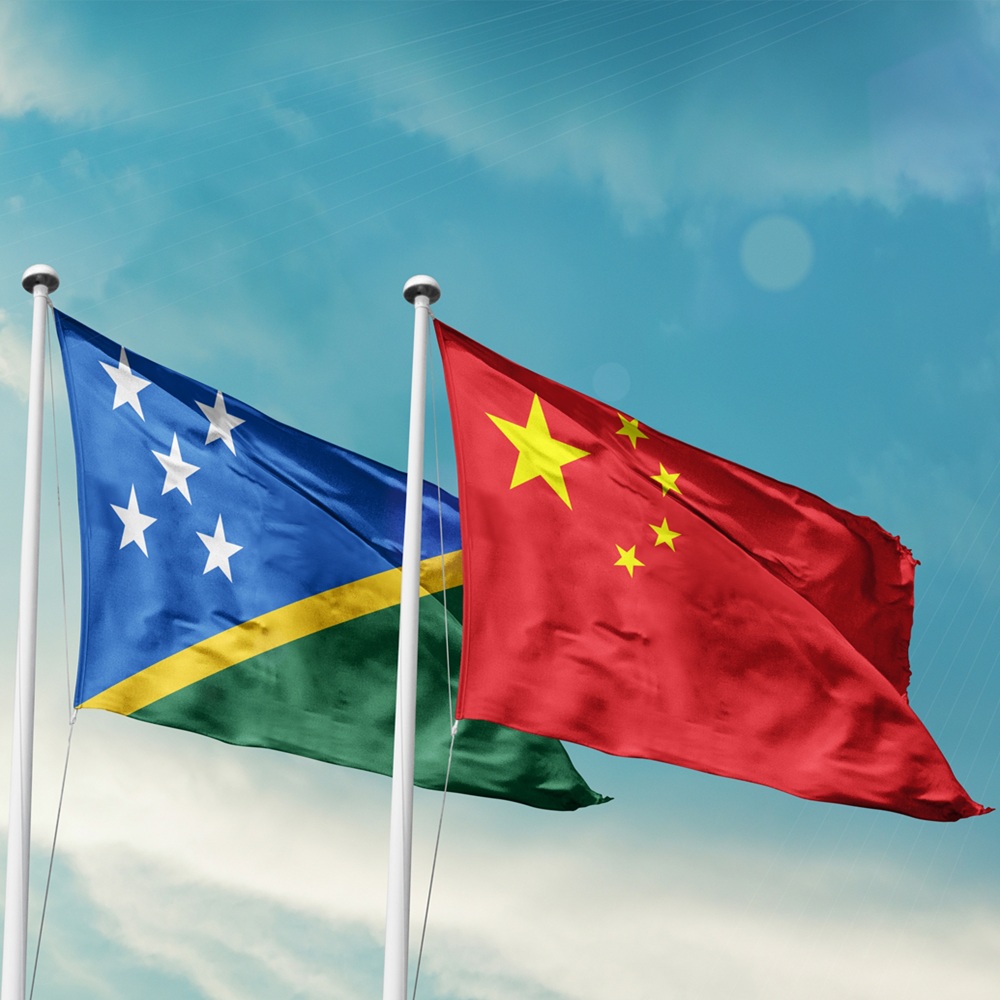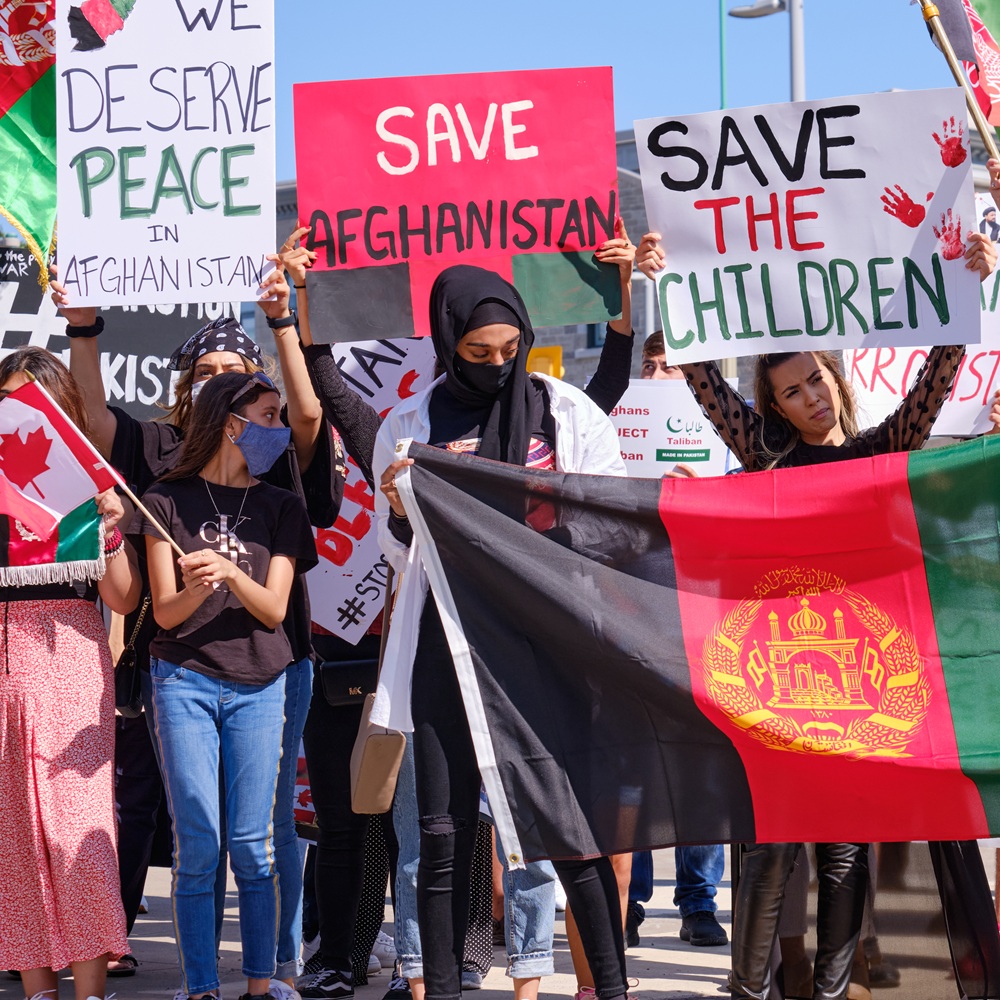Erdoğan’s Foreign Policy: Strategy Without Doctrine
by M. Hakan Yavuz
한국어로 읽기
Leer en español
In Deutsch lesen
Gap
اقرأ بالعربية
Lire en français
Читать на русском
Since Recep Tayyip Erdoğan’s rise to power in 2002, one might ask whether we can speak of an Erdoğan Doctrine in Turkish foreign policy. The answer is no. Unlike classical doctrines that follow a consistent ideological or strategic framework, Erdoğan’s approach to both domestic and international politics is marked by pragmatic opportunism, transactional maneuvering, and tactical adaptability. His foreign policy does not stem from a fixed set of principles but rather from a fluid, recalibrated strategy designed to ensure political survival, power consolidation, and economic self-preservation. Yet, despite this adaptability, Erdoğan has consistently instrumentalized Islamism, Ottoman nostalgia, and Turkish nationalism as mobilizing forces, shaping both Turkey’s domestic landscape and its global positioning. These ideological currents serve not as doctrinal foundations but as strategic tools, deployed selectively to consolidate power and justify an increasingly interventionist and authoritarian foreign policy. Rather than an Erdoğan Doctrine, what we observe is a dynamic political strategy, one that shifts according to regional and global realities, balancing ideological rhetoric with realpolitik pragmatism. Erdoğan’s political trajectory has been characterized by extreme opportunism. Early in his tenure, he presented himself as a pro-Western democrat, championing Turkey’s EU membership and economic liberalization. However, as his grip on power consolidated, he shifted towards authoritarian populism, discrediting Western institutions and embracing an anti-Western, neo-Ottomanist discourse. His ability to manipulate ideological positions for strategic gain suggests that Erdoğan’s doctrine is less about consistent principles and more about sustaining power through ideological fluidity. This transactional nature extends to foreign policy, where Erdoğan has engaged in contradictory alliances. Turkey has simultaneously sought stronger ties with Russia while maintaining a position in NATO, balancing relations with Iran while confronting it in Syria, and denouncing Western imperialism while leveraging economic ties with the EU. The 2016 failed coup attempt marked a pivotal moment, after which Erdoğan’s rhetoric became deeply anti-Western, securitizing foreign policy as an extension of domestic political struggles. One of the defining characteristics of the Erdoğan strategy is the obliteration of the traditional boundary between domestic and foreign policy. In Erdoğan’s Turkey, foreign policy decisions are primarily driven by domestic political calculations rather than long-term strategic considerations. Military operations in Syria and Libya were framed as nationalist victories, consolidating Erdoğan’s support base while deflecting attention from economic crises. Political rivals and dissidents are routinely accused of being Western puppets or linked to foreign conspiracies, reinforcing anti-Western nationalism. Erdoğan actively uses the Turkish diaspora in Europe as a political tool, portraying himself as the protector of Muslims abroad and positioning Turkey as the leader of a global Islamic movement. This lack of distinction between internal and external affairs means that every foreign policy move is designed for domestic legitimacy. Military interventions, diplomatic crises, and economic policies are all packaged for domestic consumption to maintain Erdoğan’s image as a leader defying Western hegemony. Erdoğan has strategically invoked Islamist rhetoric and Ottoman nostalgia to mask domestic corruption, repression, and economic mismanagement. His use of Islamism is highly pragmatic rather than ideological. While Erdoğan once promoted a pro-business, moderate Islamist stance, he has increasingly aligned with more radical Islamic groups to rally conservative voters. Neo-Ottomanist narratives have been used to justify interventions in the Middle East and Africa, portraying Turkey as the rightful heir to regional leadership. The Directorate of Religious Affairs (Diyanet) has become an ideological tool for Erdoğan, framing his rule as divinely sanctioned while attacking secular and Western influences. Erdoğan’s economic policies reflect the same transactional nature. He has oscillated between free-market policies to attract Western investment and state-led crony capitalism to consolidate his own economic elite. However, his militarization of foreign policy has created deep economic vulnerabilities. Erdoğan’s decision to purchase Russian S-400 missiles resulted in U.S. sanctions and exclusion from the F-35 program, exacerbating Turkey’s economic downturn. Aggressive gas exploration efforts isolated Turkey from the EU and regional actors, worsening trade relations. While Erdoğan has relied on Qatari financial support, recent Gulf rapprochements have left Turkey geopolitically and economically vulnerable. Turkey’s economic dependence on Western markets and capital contradicts Erdoğan’s anti-Western rhetoric, further proving that his doctrine is driven by short-term political survival rather than a coherent strategic vision. Rather than a structured geopolitical vision, the Erdoğan strategy is best understood as a political survival mechanism that combines: Extreme pragmatism and transactionalism, shifting alliances and ideological positions as needed; the fusion of domestic and foreign policy, where foreign affairs are a continuation of domestic power struggles; the instrumentalization of Islamism and Ottoman nostalgia, masking authoritarianism and economic decline; short-term opportunism at the cost of long-term strategy, leading to Turkey’s increasing diplomatic and economic isolation. Erdoğan’s rule has been marked by ad-hoc decisions, contradictions, and reactive policies that serve his immediate political needs rather than a grand vision for Turkey’s future. This transactional-opportunism makes the Erdoğan Doctrine an impossibility—while he projects an image of Islamic, nationalist leadership, his foreign policy is dictated by opportunism, insecurity, and personal political survival. The consequences of this approach are a weakened economy, diplomatic isolation, and an increasingly authoritarian state, making the long-term sustainability of Erdoğan’s model highly uncertain. Another major characteristic of Erdoğan’s strategy is the securitization of domestic and foreign policy. Since Erdoğan ascended to the presidency in 2014, and particularly after the failed military coup of July 15, 2016, Turkish foreign policy has undergone significant transformations. These changes are marked by a growing reliance on securitization—the framing of domestic and international challenges as existential threats requiring extraordinary measures. Erdoğan’s approach has been shaped by three key factors: Islamist ideology, Ottoman nostalgia, and the deep-seated trauma of the Treaty of Sèvres. These factors have driven Turkey into high-risk foreign policy ventures, many of which have backfired, leading to strategic isolation, economic instability, and declining influence on the global stage. Erdoğan’s political strategy has been centered on constructing an image of perpetual threat to the Turkish state and nation. This approach is deeply rooted in the historical narrative of betrayal and encirclement—most prominently symbolized by the Treaty of Sèvres (1920), which sought to partition Anatolia and subject it to foreign control. This “Sèvres Syndrome” has been instrumentalized to justify an aggressive foreign policy, military interventions, and an increasingly authoritarian domestic stance. Erdoğan has fused Turkish nationalism with political Islam, portraying Turkey as both the heir to the Ottoman Empire and the champion of Sunni Muslims. This synthesis has fueled a revisionist foreign policy, particularly in the Middle East, the Eastern Mediterranean, and North Africa. However, these ambitions have often led Turkey into conflicts with former allies and regional powers, undermining its strategic position. Erdoğan’s foreign policy, shaped by securitization, Islamist nostalgia, and historical trauma, has backfired spectacularly in multiple arenas. While he has sought to redefine Turkey as a great power, his tactics have instead led to growing regional isolation, economic instability, and internal discontent. The failure to balance nationalist rhetoric with pragmatic diplomacy has left Turkey more vulnerable than ever—caught between Western skepticism, Russian opportunism, and Middle Eastern volatility. Unless Erdoğan recalibrates his approach, Turkey risks further decline in both regional and global affairs. Since the Justice and Development Party (AKP) of Erdoğan came to power in 2002, Turkish foreign policy has undergone a significant transformation, shifting from a Western-oriented, EU-focused trajectory to a more assertive, independent, and, increasingly, anti-Western stance. While initially adopting a “thin populist” approach that emphasized regional engagement, neo-Ottomanist rhetoric, and Turkey’s role as a bridge between East and West, the AKP’s foreign policy has evolved into a “thick populist” approach dominated by a strong anti-Western narrative. This transformation was solidified after the Gezi Park protests in 2013 and, even more so, after the failed coup attempt of July 15, 2016, which the Turkish government blamed on the West-backed Gülen Movement. The growing securitization of Western powers and the increasing emphasis on Turkey’s Islamic and civilizational identity have led to an overt de-Europeanization of Turkish foreign policy. Erdoğan’s securitization of foreign policy has manifested in several high-risk ventures that have largely failed to achieve their intended objectives: Turkey’s military interventions in Syria (Operation Euphrates Shield, Olive Branch, and Peace Spring) were aimed at eradicating the Kurdish YPG, which Ankara views as an extension of the PKK. However, this policy has led to severe tensions with the United States, which has supported the YPG as a key ally against ISIS. The result is a diplomatic impasse that has weakened Turkey’s influence in Syria while increasing its military entanglements. Turkey’s intervention in Libya, backing the Government of National Accord (GNA) against Khalifa Haftar, was an extension of Erdoğan’s neo-Ottoman ambitions. While it temporarily secured Turkish energy and maritime interests, it alienated Egypt, the UAE, France, and Greece, leading to counteralliances that have restricted Turkish maneuverability. Erdoğan’s purchase of the Russian S-400 missile system was framed as a move for strategic autonomy but resulted in sanctions from the United States and exclusion from the F-35 fighter jet program. While this was meant to demonstrate Turkey’s independence, it has made the country increasingly reliant on Moscow, further complicating relations with NATO. Erdoğan’s aggressive posture has damaged Turkey’s relations with Western allies, leading to economic consequences, loss of diplomatic leverage, and isolation in Europe. Erdoğan’s confrontational approach—such as threatening to flood Europe with refugees—has eroded trust and reinforced perceptions of Turkey as an unpredictable and transactional partner. Erdoğan’s security-driven foreign policy has had dire economic consequences. The Turkish lira has suffered dramatic depreciation, foreign investment has declined, and inflation has soared. The Turkish public, initially supportive of Erdoğan’s assertiveness, is increasingly disillusioned as economic hardship worsens. Erdoğan’s securitization of policy has created short-term political gains but long-term strategic vulnerabilities. No one takes Turkey as a credible ally. His nationalist-Islamist rhetoric has been effective in consolidating domestic support, especially among conservative and nationalist voters, but it has also deepened Turkey’s diplomatic and economic isolation. Finally, Erdoğan’s foreign policy has been anti-Western. A key driver of Erdoğan’s anti-Western foreign policy has been the gradual populist transformation of the AKP and consolidation of his power by purging other prominent personalities within the party. Initially, under the leadership of Erdoğan, the party adopted a moderate, reformist discourse that prioritized EU membership, economic liberalization, and cooperation with Western allies. However, over time, populist tendencies became dominant, with Erdoğan increasingly portraying himself as the true representative of the “real” Turkish people against both domestic and international elites. Populist foreign policy, as seen in Turkey and elsewhere, follows a binary logic that pits “the virtuous people” against “the corrupt elite.” In the Turkish context, this binary has been extended to the international arena, with the West—Europe and the United States—constructed as the foreign equivalent of the corrupt elite, standing in opposition to Turkey’s rightful role as a global power. The early years of AKP rule were marked by a pragmatic approach that balanced Turkey’s Western orientation with a regionalist vision. This period saw active engagement with the EU, NATO, and the U.S., while at the same time expanding relations with the Middle East, Balkans, and Africa under Ahmet Davutoglu’s “Strategic Depth” doctrine. During this era, anti-Western rhetoric was limited, and Turkey’s regional activism was framed as complementary to, rather than a rejection of, its Western ties. Following the Gezi Park protests and, more dramatically, the 2016 coup attempt, Erdoğan’s rhetoric became openly hostile toward the West. Western governments were accused of plotting against Turkey, harboring terrorists, and undermining Turkey’s sovereignty. Erdoğan framed his leadership as a struggle against an imperialist West determined to prevent Turkey’s rise. As he declared in 2019, “Turkey is now a country whose agenda is not determined [by others] but who determines her own agenda.” Thus, Turkey’s foreign policy became an extension of Erdoğan’s domestic populist struggle, where anti-Westernism served as both an ideological tool and a strategy for political survival. Another major factor behind Turkey’s anti-Western turn is the fusion of Islamist and nationalist discourses, which have become the defining ideological pillars of Erdoğan’s foreign policy. This ideological shift is best understood through the contrast between Kemalism and Neo-Ottomanism. Traditionally, Turkey’s foreign policy was shaped by Westernization, secularism, and nationalism. The country’s founding ideology sought integration with Europe, NATO membership, and alignment with the U.S. in the Cold War. However, Kemalist elites were also skeptical of foreign entanglements, leading to a cautious and isolationist diplomacy. Neo-Ottomanism and the “New Turkey” Vision of Erdoğan is anti-Western, Islamists, and serves for Erdoğan’s regime survival rather than national interest of the country. Under Erdoğan, a revisionist historical narrative emerged, portraying the Ottoman Empire as a great civilization that was undermined by Western colonialism and internal betrayals. In this vision, modern Turkey is the rightful heir of the Ottoman legacy and should reclaim its leadership role in the Islamic world. Erdoğan has repeatedly invoked the trauma of the Treaty of Sèvres (1920)—which proposed partitioning Turkey—as evidence that the West continues to conspire against Turkish sovereignty. This ideological framework has shaped Turkey’s new foreign policy identity, positioning it as a leader of the Muslim world rather than a subordinate member of the Western alliance. As Erdoğan’s government became more authoritarian and Islamist, relations with the EU steadily deteriorated. The post-2016 crackdown on opposition figures, journalists, and academics led to increasing criticism from European leaders, reinforcing Erdoğan’s narrative that the EU is hypocritical, biased, and Islamophobic. While Turkey officially remains an EU candidate country, Erdoğan has openly questioned the sincerity of European leaders, arguing that the EU is a “Christian club” that will never accept a Muslim-majority country. Erdoğan’s government has rejected Western liberal values, reversing democratic reforms and undermining the independence of judicial institutions, the media, and civil society. As a result, Turkey has moved closer to authoritarian models seen in Russia, China, and the Gulf states. Erdoğan’s anti-Western and de-Europeanized foreign policy is not just a reaction to specific diplomatic disputes—it is a structural transformation rooted in populism, ideology, and strategic recalibration. By casting the West as Turkey’s primary “other,” Erdoğan has crafted a nationalist-Islamist narrative that legitimizes his power, mobilizes his base, and redefines Turkey’s role in the world. While this approach has granted Turkey short-term strategic flexibility, it has also left it increasingly isolated, economically vulnerable, and diplomatically constrained. The long-term sustainability of Erdoğan’s foreign policy remains uncertain, especially as domestic economic troubles and shifting global dynamics continue to reshape Turkey’s geopolitical landscape. One of the key arguments in understanding Turkey’s foreign policy shift is the interaction between domestic authoritarianism and international behavior. Unlike traditional middle powers, which pursue stability, Turkey’s domestic political dynamics—specifically Erdoğan’s populist authoritarian rule—have fueled its unusual, risk-prone foreign policy choices. Erdoğan has increasingly used foreign policy as a tool for domestic political survival, framing Turkey as a besieged nation fighting Western imperialists. Opposition parties are often accused of being aligned with “foreign agents” or Western powers, further deepening polarization. Nationalist rhetoric has been amplified during military operations, boosting public support for interventions in Syria, Libya, and Azerbaijan. This work is licensed under the Creative Commons Attribution-Non-Commercial 4.0 International License (CC BY-NC 4.0) https://creativecommons.org/licenses/by-nc/4.0/
